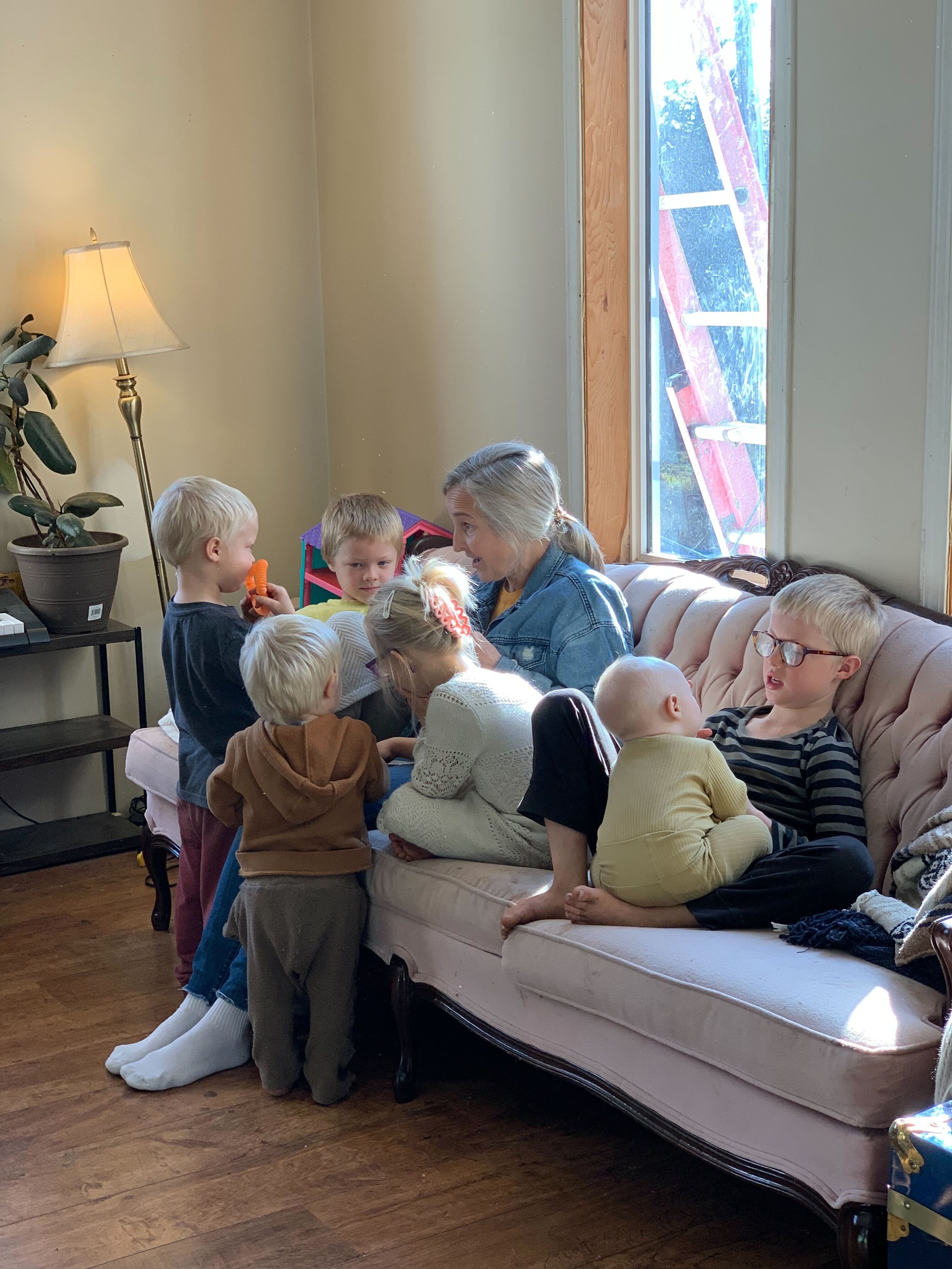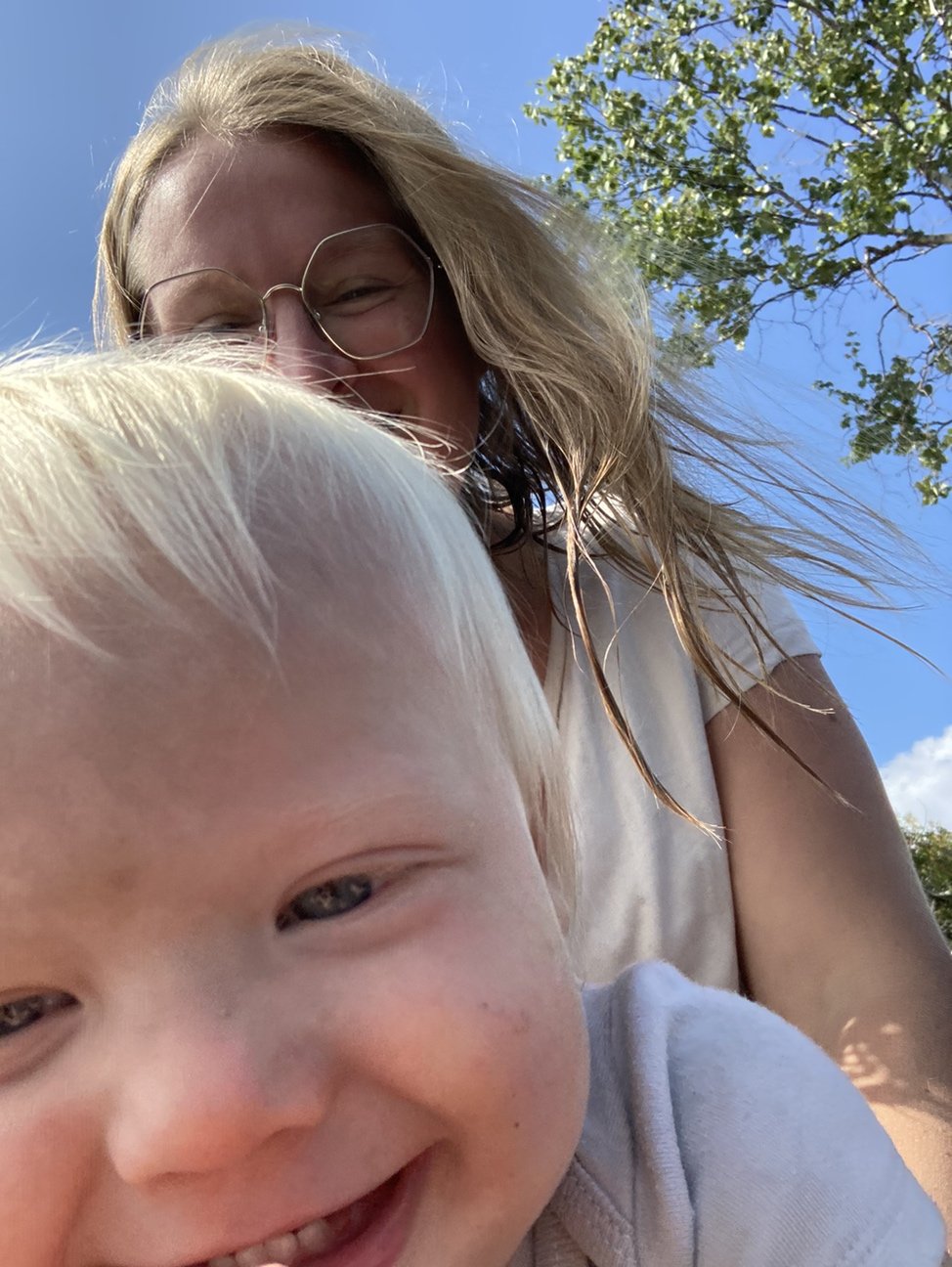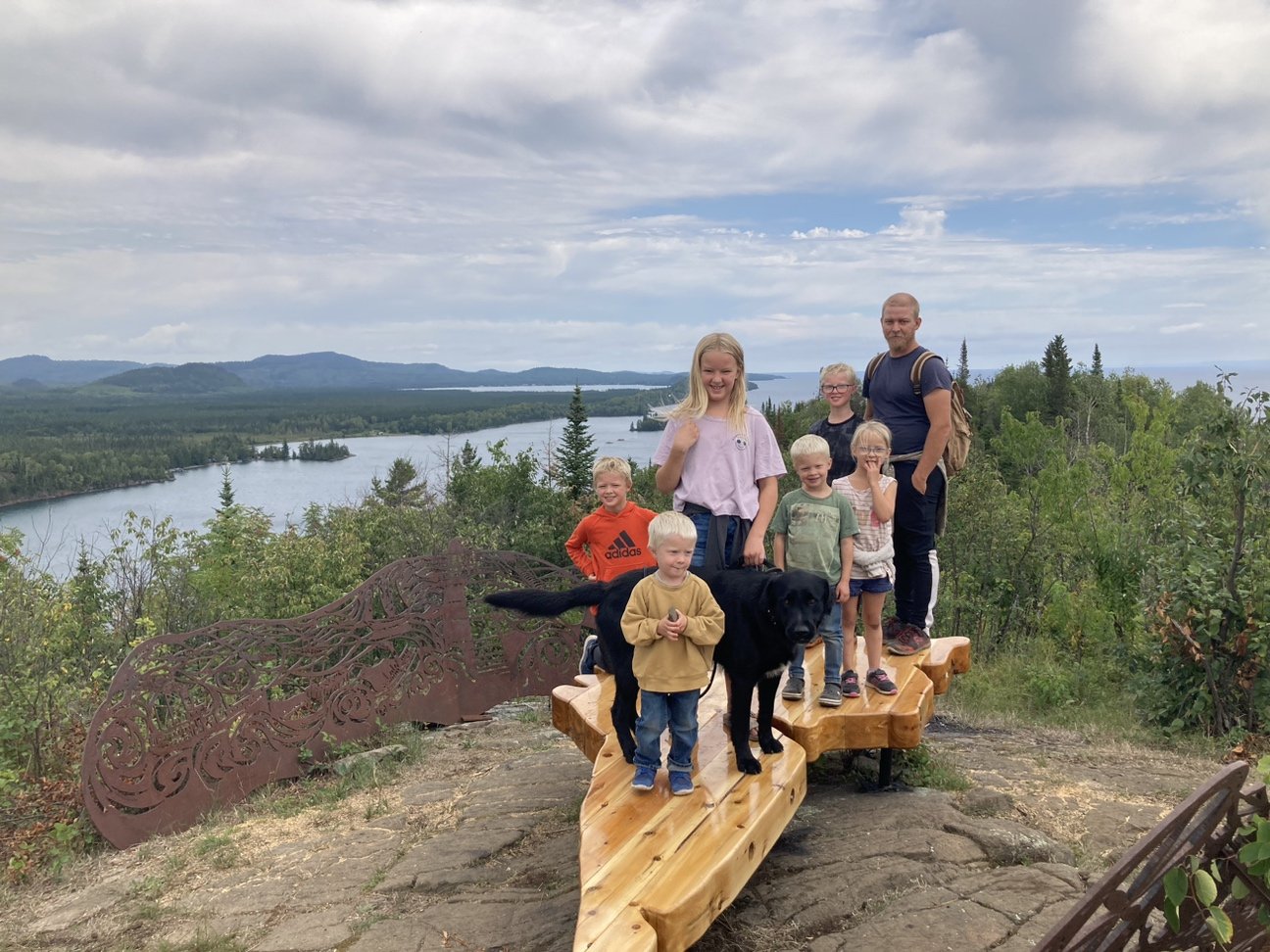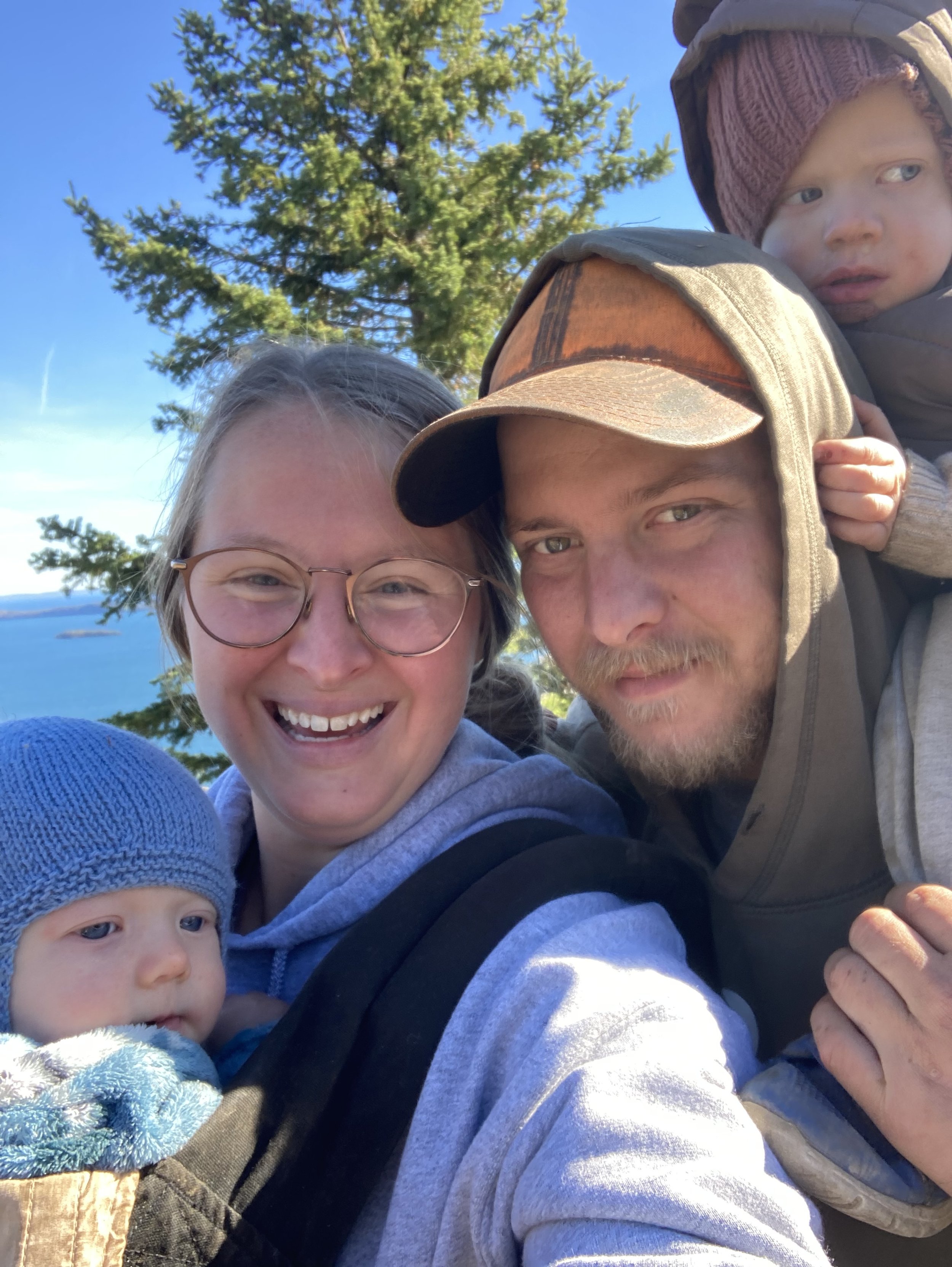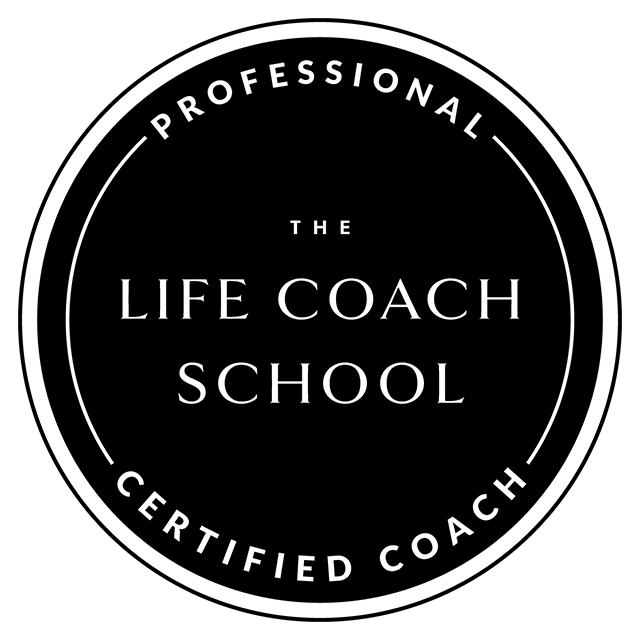Caring For Our Families
/Today we have our last question to discuss in this series, and that is: How can we help our children learn to take care of their families?
This is such an incredible, heartfelt question – it shows the depth of love that we have for our children, the wish to teach them how to love and serve and connect with the people that they love, and the importance of building healthy foundations at home.
Isn’t it all of our desires to build home lives that feel safe, secure, and loving?
That’s the work that I do with my clients – I help them heal from their depression so that they can be the kind and loving mom they always thought they would be. Depression, along with many other challenges in life, can get in the way of us being who we want to be. We have an image in our mind of how we want to respond, but in the moment we act out of anger, disappointment, or fear. And while we will never get it perfectly 100% of the time, it’s also possible to learn to manage our emotions so we can respond how we want to more often than we currently are. (If you want more resources on this, scroll back a few posts to the first one I did in this series titled How do I teach my kids to manage their emotions? We dive deeper into this concept there.)
Let’s start this discussion by going back to the fact that we model what we know – what we are shown in our homes growing up is likely what we will do when we are starting our own homes some day. This, of course, is a general rule of thumb and not an all encompassing statement. It is possible for us to change what we have been taught, but it’s also why it’s so important to instill the foundation of faith in our homes. The trouble is that with the busyness of life, the standards of todays society, and the impact that technology has in our day to day life, it can be easy to forget to explain to our kids why we do things in certain ways. That, mixed with the fact that each kid has their own personality and view of life, we can’t predict (or blame ourselves) for how our children run their homes. This is only to say that we have a huge impact in how our kids experience home, and if we aren’t conscious of the impact we are having, it may not turn out how we would like it to. Let me also add here, that this is a huge part that faith plays in. Trusting that God will be with us and our kids as we learn to raise and care for our families. It isn’t only on our shoulders – we can lean back and trust that we are supported as well.
If we are modeling for the most part how we want our children to be, this doesn’t mean that we are always happy, loving and kind. It means that when something goes wrong, we take care of matters as well. Our kids aren’t always going to feel happy loving and kind with their spouses or children, and if we show them that a relationship is meant to have conflict, then they will also know that it makes the relationship stronger – it doesn’t break it. This requires us to be vulnerable and admit that we are human and make mistakes. It requires us to know how to repair and make matters right after a fight. It isn’t always an easy thing to do, but the more you do it the easier it becomes. I used to close myself off from my kids when something would happen, but now it is so much easier to open up to them when something goes wrong. We’re able to take care of matters, to have an open discussion with what happened and why, and we typically make a plan of action for next time – because you know there’s always going to be a next time.
The last thing I want to share here, is that we learn by doing. Which also means that we learn by failing. We could all take a mothering course and learn the ins and outs of what to do and what not to do – and we still would never get it right all the time. Life is a lesson in living – we learn how to care for the people that we love by not loving them correctly. When we do something that doesn’t feel right, it’s a signal to look at what happened and why. When we do something that does feel right, it’s a signal to do more of it. This is what we talked about in the emotions post, so again go read that if you want more here, but use your emotions as a guide.
You can teach your kids how to do everything perfectly, but then they’re going to have to go out on their own and figure it out themselves. Let them fail, even though it may be the hardest thing you will ever do. Let them fail, and let them learn, and keep that open dialogue with them so they have someone to turn to when they don’t know what else to do. Parenthood is one of the biggest growth curves on the planet, and having someone who’s been through it before is a huge asset when you’re going through it yourself.
Again, let’s wrap up what we talked about here – how do we teach our kids to care for their families?
1. Model what we want them to learn.
2. Know that we are not always going to get it perfect, and that isn’t a problem – showing them how to resolve issues is just as important as getting it right.
3. Trusting that God is helping us, and allowing Him to support us.
4. Know that they will fail as they learn to care for their families – and you can be there to support them along the way.
So go – teach your kids to care for their families, and teach yourself as well. It’s never too late to start new, no matter how old your kids are. If you’re alive, there’s still time.
Thank you for following along with these blog posts – it’s been so fun to share with you some of the tools and tricks that I’ve picked up along the way. I by no means claim to be an expert in all the things. I’m simply here to share what I know.
My goal is to post once a month here throughout 2024, so I’ll be back again in January with another post. I hope you have a peaceful Christmas and a happy new year.<3

